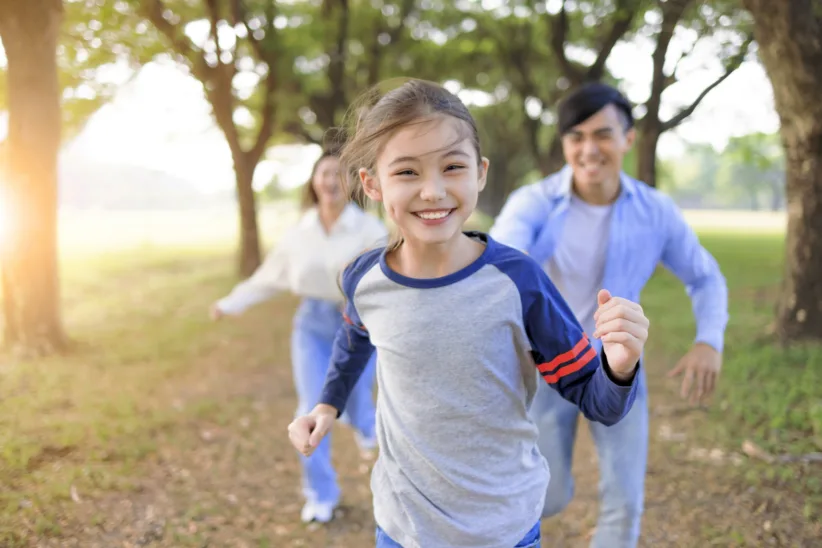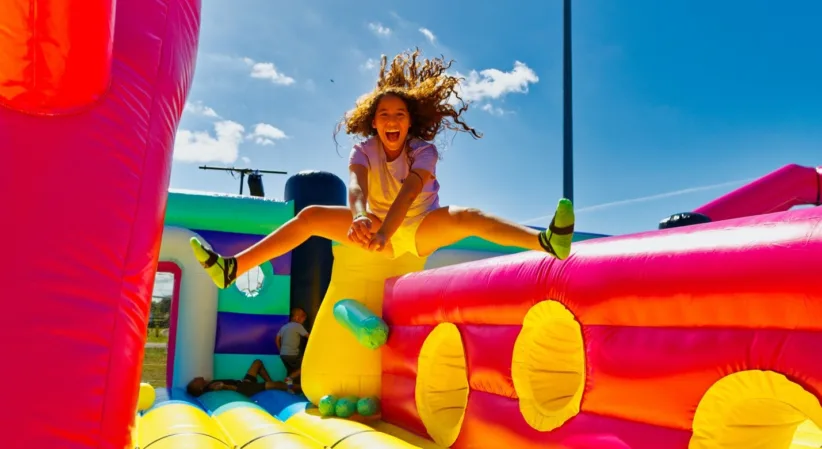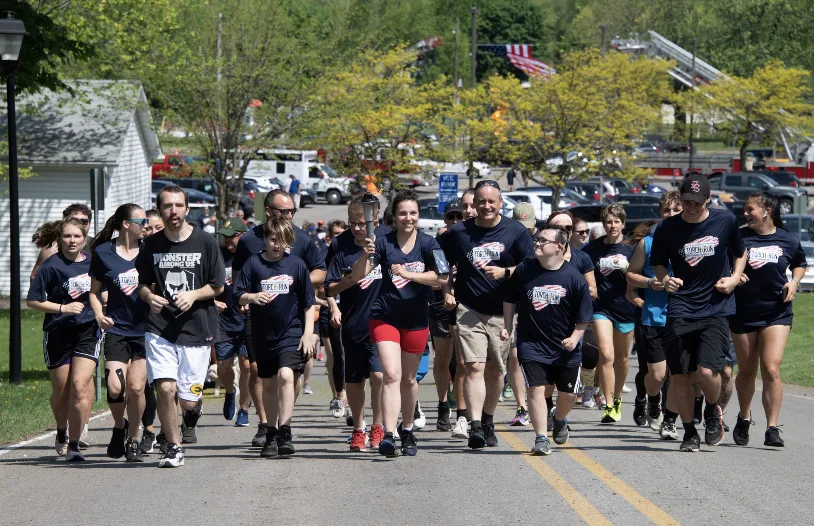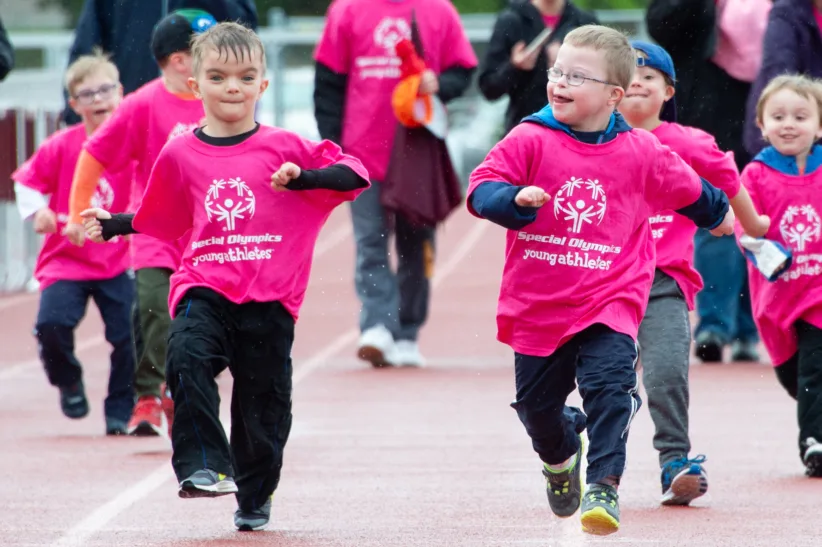How watching the summer 2016 Olympics with your kids can serve as a jumping off point for meaningful conversations.
Sometimes the best, most in-depth conversations with kids happen while you’re all focused on something else, especially if your kids are relaxed and having fun while it happens. The Summer Olympics, taking place in Rio de Janeiro, Brazil, Aug. 5-21, offers a chance for your entire family to enjoy watching sports together—while providing plenty of opportunities to engage your kids in discussions about topics such as following their passions, setting and achieving their personal goals, and choosing role models.
In addition to cheering your favorite athletes, it’s a great idea to use the competitions themselves and the personal stories behind the athletes’ hard work getting to Rio to spur your kids to reflect on and discuss some of the issues and values on display. Take advantage of the time you spend watching the games by asking open-ended questions and see where the conversation takes you. Here are some potential conversation starters:
What inspires you to work hard at something?
Let’s face it: Not everybody is going home a winner. Most of these athletes will go home without medals, and that’s okay because the fact they made it to the Olympics at all should be reward enough. Is it the promise of a trophy or admiration from others that your kids want most? Or is it simply a personal goal or the satisfaction of improvement that drives them to push harder?
Do you prefer team sports or individual sports? Why?
You will have many opportunities to point out how everyone’s contribution is key to a team’s success while watching group sports such as volleyball, water polo, or basketball. Help kids make the connection between teamwork in sports and other collaborative efforts, such as group projects for school.
On the other hand, viewing individual sports such as gymnastics or diving can also provide teaching moments about being your own toughest competitor and the opportunity each time you compete to beat your personal best. To achieve these results, you need a high amount of self-reliance, discipline, focus, and passion, all of which are on display at the Olympics and can provide fodder for discussion and inspiration.
Do you look up to athletes? Which ones, and why? What are the qualities that make an athlete a good role model?
Not all athletes are responsible members of the community. Do your kids look up to professional sports figures because of their talent or because they contribute something to society, such as spearheading a charity or being the face of a cause? Keep in mind that many teens tune out authority figures—including parents or teachers—but a superstar athlete may be able to deliver a message of inspiration and hope to kids.
How do you feel when you lose at a game or competition?
Use the Olympics to talk about losing gracefully—and winning gracefully. The emphasis on medals does not mean that winning is the most important thing. Watch the interviews with the various athletes and you’ll discover that they’re happy to be there, no matter what the outcome is. At some point during the event, you’ll witness athletes falling or fumbling, and yet they still persevere. You don’t see much foot stomping, storming away, or crying by the athlete who comes in fourth. Watch how the competitors react to winning and losing and how they treat their opponents and use this as an example for your kids to show the difference between good and bad sportsmanship.
What do you dream you could do, and how do you think you can make that happen?
Journalists covering the Olympics tend to focus on inspiring human-interest stories about athletes overcoming obstacles to reach their goals. These emotional stories can make watching an event all the more compelling and give you a chance to talk to your kids about perseverance. Kids often make a habit of trying an activity and then giving up when it doesn’t come easily to them or they aren’t excelling in it right away. Remind your children that Olympic competitors are not born; they are developed over years and years, through practice and more practice and even more practice.
What are some other cultures that fascinate you or that you’d like to learn more about?
Aside from the competitions themselves, the greatest part of the Olympics is watching how countries from all around the world come together to share in their common language of sports. Parents can use this as a starting point for conversations about embracing other cultures. It’s one of those rare moments when you are able to see citizens from around the world join together as they celebrate their unique strengths and talents. Use a globe or a map to see where the competitors are from and discuss a variety of topics, such as traditions, language, flags, and relating to people who are different.
Conversations build connections. Expose your kids this August to different sports and their rules, and explore the concept of teamwork, the power of practice, the values and traditions of other cultures, and the different components of competition, including effort, losing, and winning. When you pause and listen, you can get to know so much about your children and they may even learn a thing or two about themselves.
Main image: Gabby Douglas, a 2012 gold medalist for Team USA, competes in the 2015 World Gymnastics Championships in Glasgow, one step in her journey to this summer’s Olympics in Rio de Janeiro.
John Cheng/USA Gymnastics
RELATED:
Find Sports Programs for Your Kids
Get Family Activities in Your Inbox





















